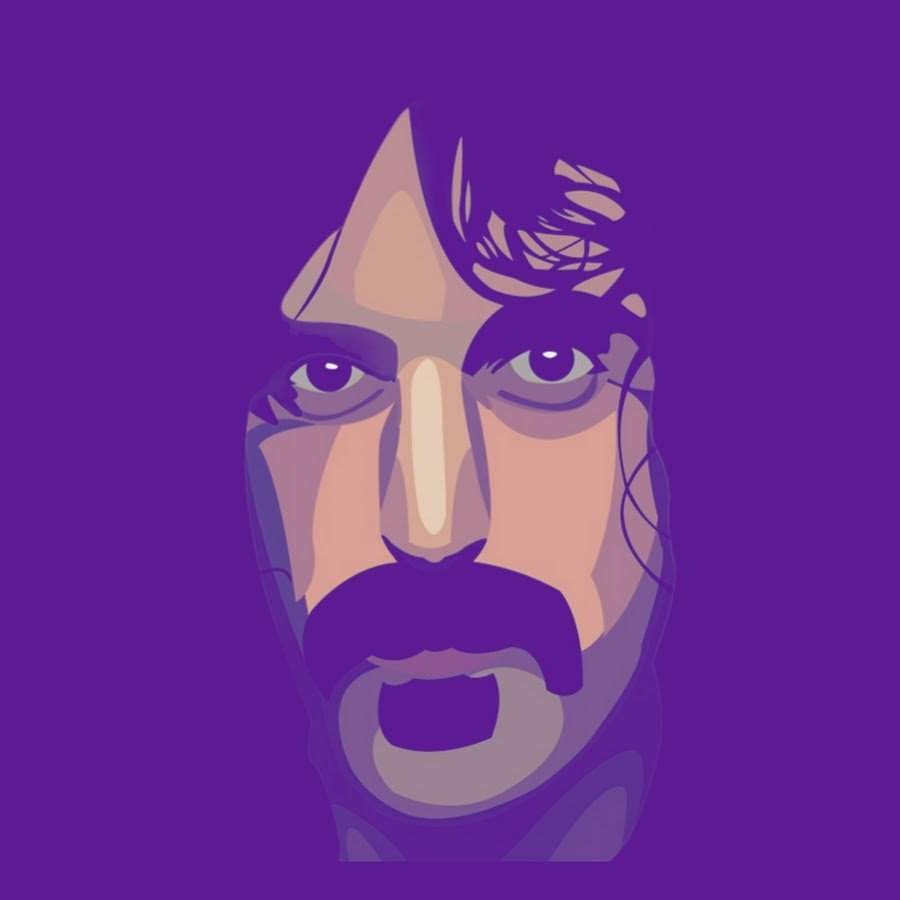0:00 – Introduction
3:05 – The 1970s: Economic and Geopolitical Context
The conversation delves into McLuhan’s perspective on the 1970s’ global economic downturn, with a focus on the Arab-Israeli conflict’s economic repercussions. The discussion explores the broader structural issues, the dynamics of capitalism, and the role of labor.
8:05 – Analyzing McLuhan’s Writings
McLuhan’s writings, highlighting his unique style and the challenges of interpretation. They discuss the revolutionary nature of his ideas and the impact of media on individuals and society.
14:57 – Modern Critiques: Gambling and Media Denial
McLuhan’s critiques of modern gambling and the denial of truth in media narratives. The discussions shed light on the dangers of gambling, the role of media in shaping perceptions, and the societal impacts of these issues.
16:00 – Labor, Capitalism, and Wealth
Labor in the modern era and the disconnect between laborers and the wealthy. The debate centers around capitalist views, the nature of real wealth, and the challenges faced by individuals in profit-driven systems.
17:49 – Television’s Societal Impact and Money as a Medium
The role of television in society’s fragmentation is explored, contrasting its initial unifying impact in the ’50s and ’60s. Defining and understanding money and its implications on communication and society.
21:15 – Media Influence and Commercialism
Media’s role in shaping societal narratives and explores the relationship between commercialism and the working class. The challenges faced by the working class within a commercial system are discussed in depth.
23:01 – Pursuit of Meaning and Revolution Origins
Challenges of finding genuine meaning in a capitalist world and delves into the origins of revolutionary movements. The importance of active participation in bringing about change is emphasized.
25:02 – McLuhan, French Philosophy, and Intellectual Rebelliousness
McLuhan’s perspective on media, the influence of French philosophy on American academia, and the nature of rebellious intellectuals. The discussion touches upon the challenges and benefits of thinking outside traditional academic structures.
30:10 – Structuralism, Media, and Individuality
Structuralism’s critiques are discussed, emphasizing the balance between societal recognition and individual subjectivity. The revolutionary nature of McLuhan’s work is highlighted, along with the role of media in shaping individual perceptions.
31:34 – Seminars, Academia, and Intellectual Exchange
Experiences of attending academic seminars and delve into the nuances of academic titles. The importance of flexible thinking and the role of academia in fostering intellectual exchange.
34:35 – Identity, Perception, and Reality
The nature of identity, the impact of media on our understanding of reality, and the concept of the “illusory meme.” The participants explore the intricacies of perception and the challenges of discerning truth in a media-dominated world.
40:44 – Future of Education and Generational Divide
Challenges of pursuing higher education in today’s world. The economic realities of university education, job market dynamics, and the importance of innovation are explored.
45:02 – Quest for Collective and Oppositional Thinking
Participants discuss the innate human need for collective identity and the frustrations of feeling entrapped within traditional educational institutions.
46:22 – History, Progress, and Community
The conversation revolves around humanity’s progression, emphasizing the cyclical nature of history, the merits and drawbacks of forward-looking views, and the potential dangers of forgetting the lessons of the past.
49:06 – McLuhan’s Interpretations and Global Connection
The discussion delves deeper into McLuhan’s perspective on human progress, exploring the idea that humanity doesn’t always progress linearly.
51:14 – Modern Communication and Global Audience
Participants discuss their experiences and preferences with modern communication tools like Skype, emphasizing real-time interaction.
53:55 – Global Theater
Drawing upon McLuhan’s predictions and personal experiences, the dialogue explores the idea of a global theater where everyone becomes an actor under constant potential observation.
54:29 – Conclusion
Recorded July 29, 2009


Leave a Reply
You must be logged in to post a comment.